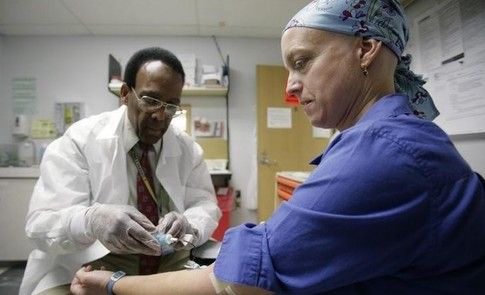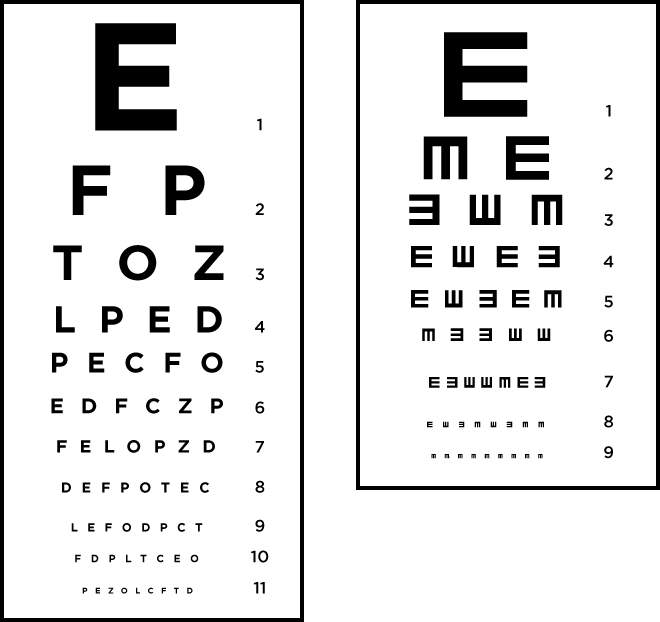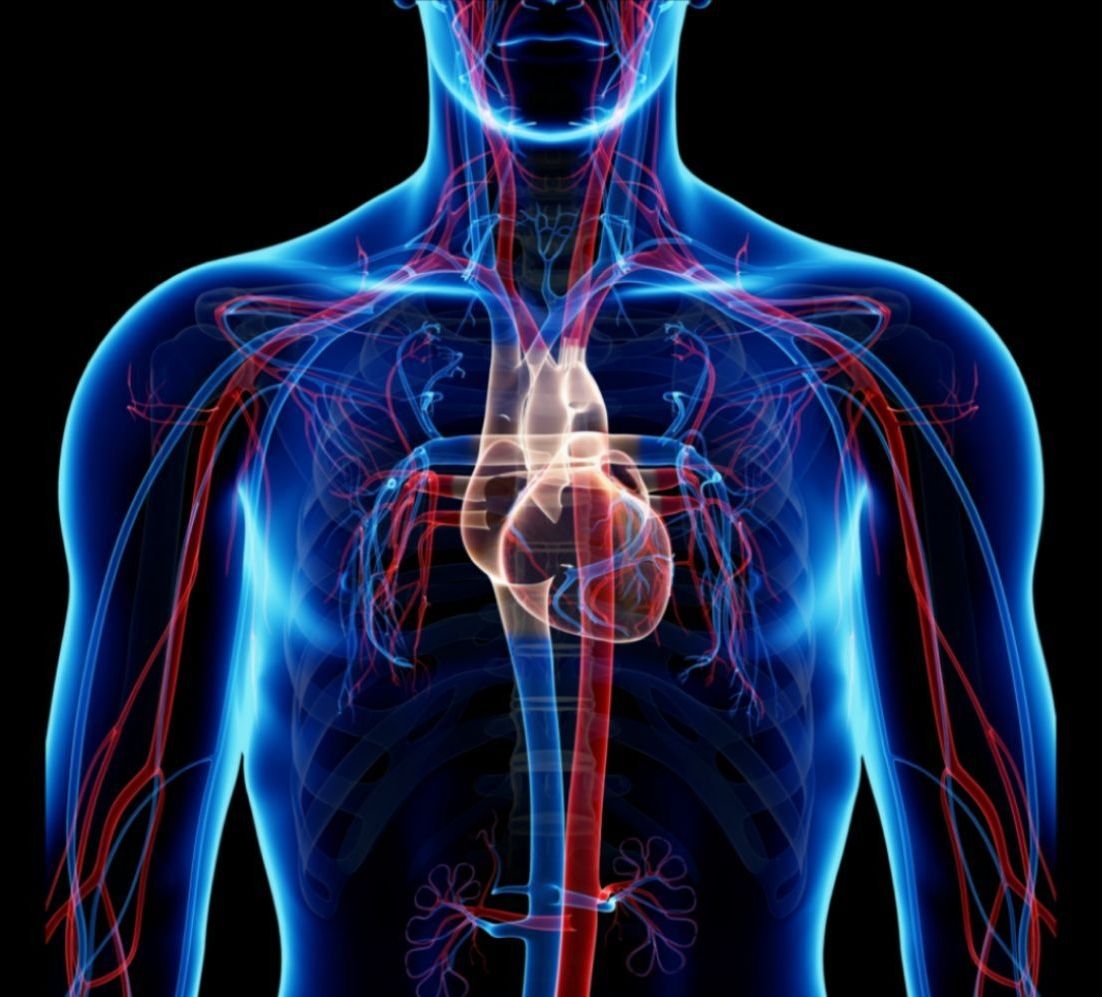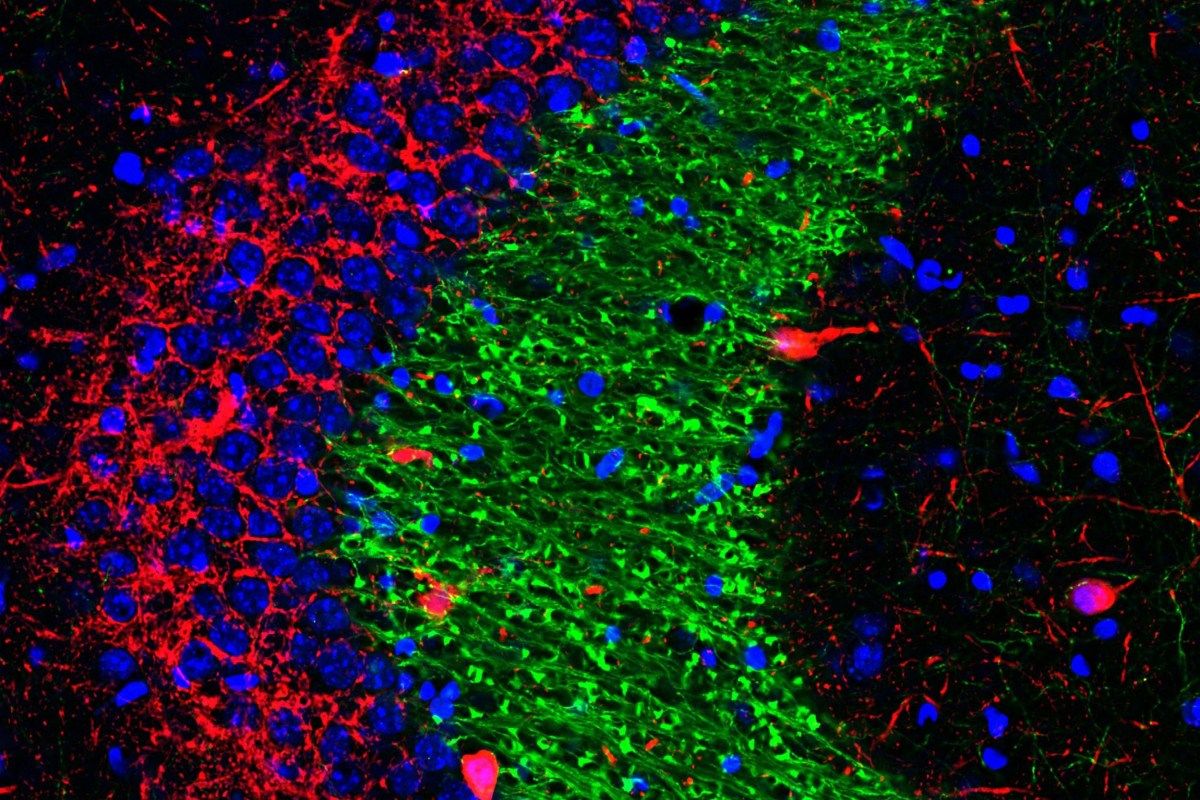Search results for 'Nicholi': Page 57
Jun 7, 2018
The decline of our oceans is accelerating, but it’s not too late to stop it
Posted by Nicholi Avery in categories: economics, energy, sustainability
We shouldn’t underestimate the powerful attraction of a ‘sustainable blue economy’, which – I firmly believe – will feed and support the lives of our children and those who come after them. Getting it right – whether through aquaculture, offshore energy, green shipping or ecotourism – is vital not just for SDG14, but for the future of the global commons, and for humankind itself. To do this we must move with purposeful steps. Here are five that could be taken immediately.
Curtail subsidies
Let us stop throwing good money after bad, and resolve to prohibit subsidies that support harmful and illegal fishing. A critical opportunity to eliminate them is looming at the 2019 ministerial meeting of the World Trade Organisation. It must not be missed.
Jun 7, 2018
NASA Found Evidence of Organic Matter on Mars. Here’s Why That’s a Big Deal
Posted by Nicholi Avery in category: space

NASA shared the results of two new studies made possible by the Curiosity rover, and they could both help us determine whether Mars hosted life.
Jun 7, 2018
The Neurogenesis Debate
Posted by Nicholi Avery in categories: biological, futurism, neuroscience
The Neurogenesis Debate
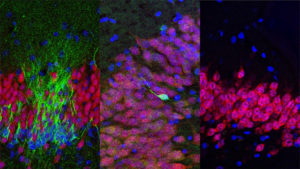
Written by Nicholi Avery
On March 7 2018, a study was published in the highly esteemed journal Nature by an international team of scientists claiming that #neurogenesis starts to rapidly decline in the #human brain as early as 13 years old and becomes undetectable in adults. This rocked the scientific community as there has been a long-established theory that neurogenesis takes place throughout the course of life in the mammalian #brain. Until the 1990s, neurologists were practicing their profession under the doctrine established in the late 19th to early 20th century by the prominent histologist Ramon y Cajal, often referred to as a god of neuroscience;
Tags: anti-aging, Brain, Cells, Circuits, healthspan, Hippocampus, Mammalian, neural, Neurobiology, Neurogenesis, neuron, Plasticity, stem cells
Jun 7, 2018
A new breakthrough spares certain breast cancer patients from chemotherapy
Posted by Nicholi Avery in categories: biotech/medical, genetics
A new class of patients could soon be treated for breast cancer, no chemotherapy required. That’s because they don’t really benefit from it, according to a study published Sunday in the New England Journal of Medicine.
Those patients: those diagnosed with early-stage, invasive, hormone-receptor-positive breast cancer who scored in a specific range of a genetic test. They benefit just as much from chemotherapy, which many don’t tolerate well and can have long-term consequences, as they do from hormone treatments, which have many fewer side effects.
But before this study came out, many people in this group were prescribed chemotherapy because doctors had, based on the best information available, assumed it would help them. For those people, the side effects of chemotherapy could have been avoided, without making the treatment any less effective.
Continue reading “A new breakthrough spares certain breast cancer patients from chemotherapy” »
Jun 5, 2018
Wireless System Can Power Smart Devices Inside the Body
Posted by Nicholi Avery in categories: biotech/medical, computing, neuroscience

MIT researchers, working with scientists from Brigham and Women’s Hospital, have developed a new way to power and communicate with devices implanted deep within the human body. Such devices could be used to deliver drugs, monitor conditions inside the body, or treat disease by stimulating the brain with electricity or light.
The implants are powered by radio frequency waves, which can safely pass through human tissues. In tests in animals, the researchers showed that the waves can power devices located 10 centimeters deep in tissue, from a distance of 1 meter.
Continue reading “Wireless System Can Power Smart Devices Inside the Body” »
Apr 24, 2018
You can read the full article on this study here
Posted by Nicholi Avery in category: innovation
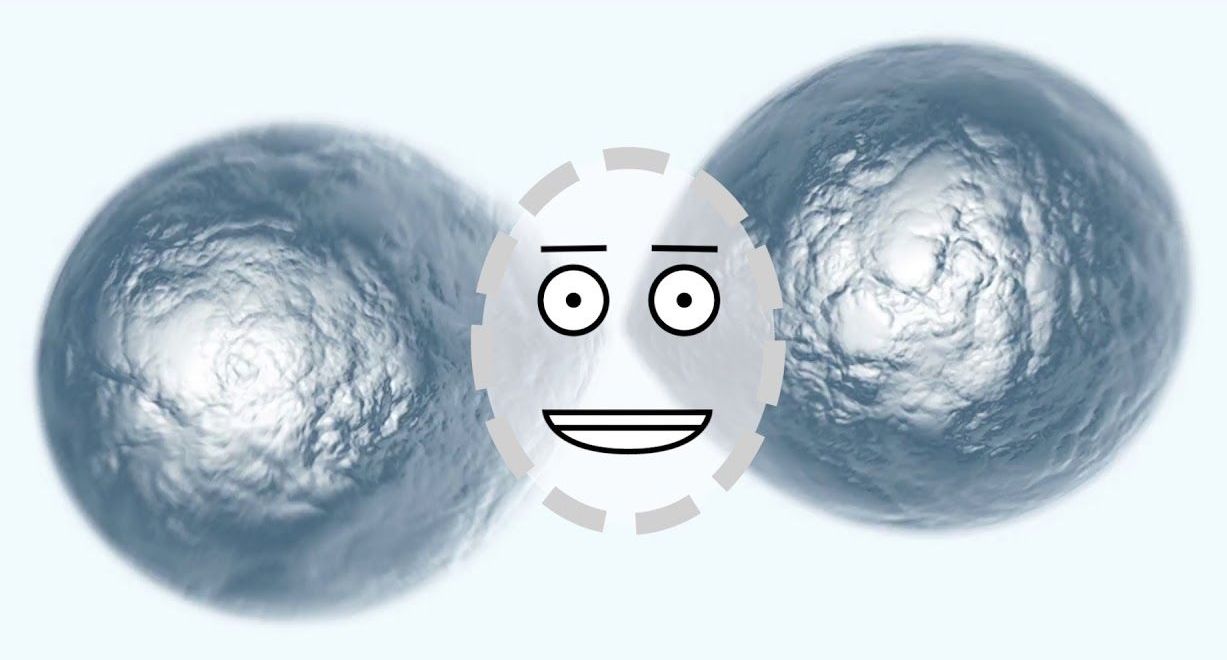
http://radicalsciencenews.org/the-origin-of-life/
Radical Science News is about radical breakthroughs and the newest technology and ideas that will change the world.
Apr 15, 2018
A Clinical-Grade Implant May Cure Blindness!
Posted by Nicholi Avery in categories: biotech/medical, life extension
A clinical-grade retinal implant made of human #embryonic stem cell (#hESC)–derived RPE grown on a synthetic substrate has been developed by Kashani and team. The progressive binding disease that causes loss of the retinal pigment epithelium (RPE) of the eye is known as #Non-neovascular age-related macular degeneration (#NNAMD). Currently there are only preventative measures that can be taken but there is no effective treatment. Some preventative measures include quitting smoking and the use of specific nutritional supplements to reduce the risk of developing NNAMD. The implant was not only shown to be safe in a first-in-human phase 1 clinical trial in five patients with advanced NNAMD, but also well tolerated. Plausible therapeutic effects on visual clarity were reported in the experimental results, indicating that this approach may be beneficial for treating retinal disorders involving #RPE loss.
Mar 23, 2018
Harvard Rewinds the Biological Clock
Posted by Nicholi Avery in categories: biotech/medical, life extension
Harvard reminds the biological clock using NAD+ and NaHS!
Investigators at Harvard Medical School have identified the key cellular mechanisms behind vascular aging and its effects on muscle health, and they have successfully reversed the process in animals.
Could reversing the aging of blood vessels hold the key to restoring youthful vitality? If the old adage “you are as old as your arteries” reigns true then the answer is yes, at least in mice.
Mar 20, 2018
Targeting levels of specific protein could improve memory in aging, reduce symptoms of PTSD
Posted by Nicholi Avery in categories: biotech/medical, genetics, life extension, neuroscience
A neural circuit mechanism involved in preserving the specificity of memories has been identified by investigators from the Massachusetts General Hospital (MGH) Center for Regenerative Medicine and the Harvard Stem Cell Institute (HSCI).
They also identified a genetic “switch” that can slow down #memory generalization — the loss of specific details over time that occurs in both age-related memory impairment and in post-traumatic stress disorder (#PTSD), in which emotions originally produced by traumatic experiences are elicited in response to innocuous cues that have little resemblance to the traumatic memory.
“The circuit mechanism we identified in mice allows us to preserve the precision or the details of memories over the passage of time in adult as well as aged animals,” says Amar Sahay of the MGH Center for #Regenerative Medicine and HSCI, corresponding author of a paper appearing in Nature Medicine. “These findings have implications for the generalization of traumatic memories in PTSD and for memory imprecision in #aging.”


